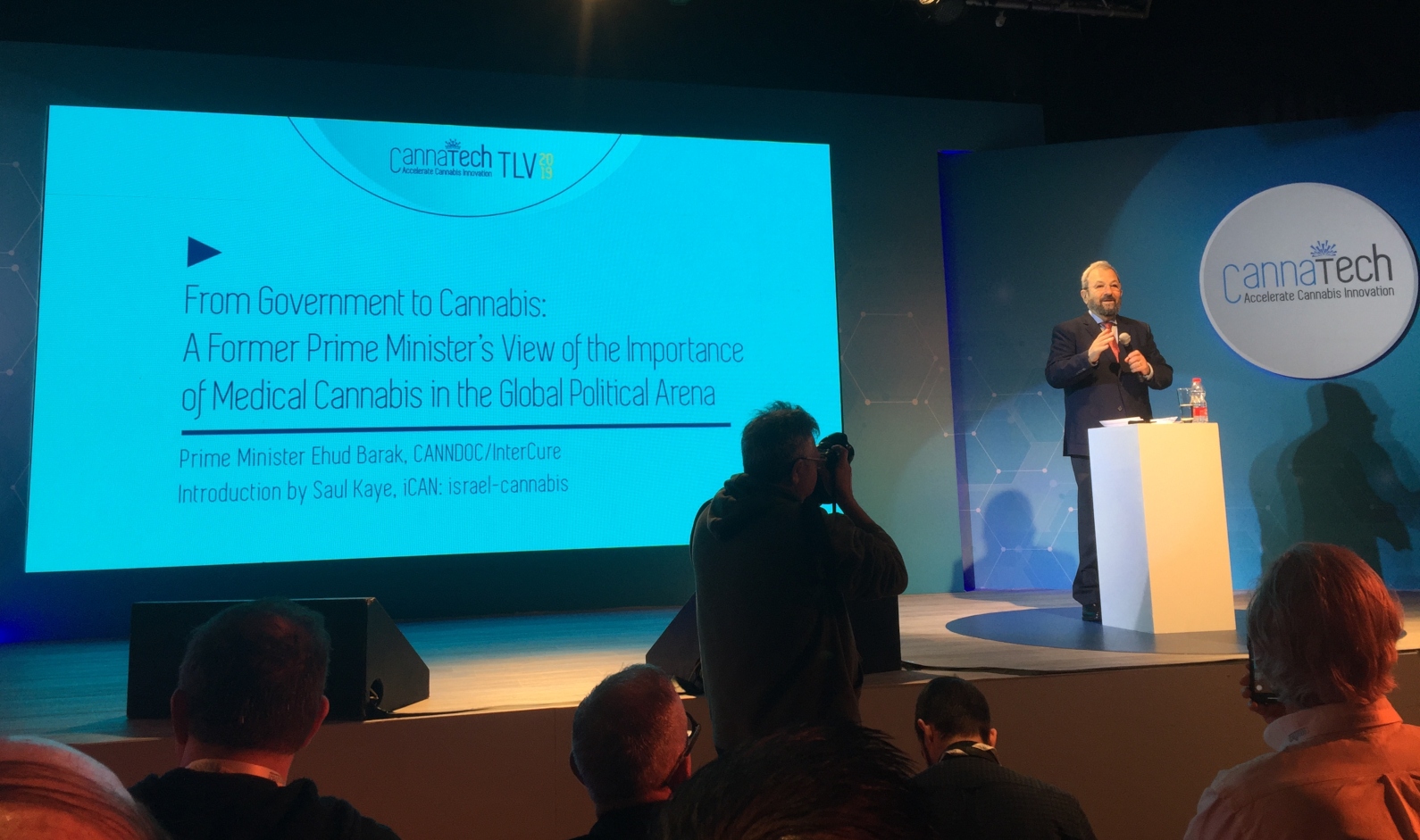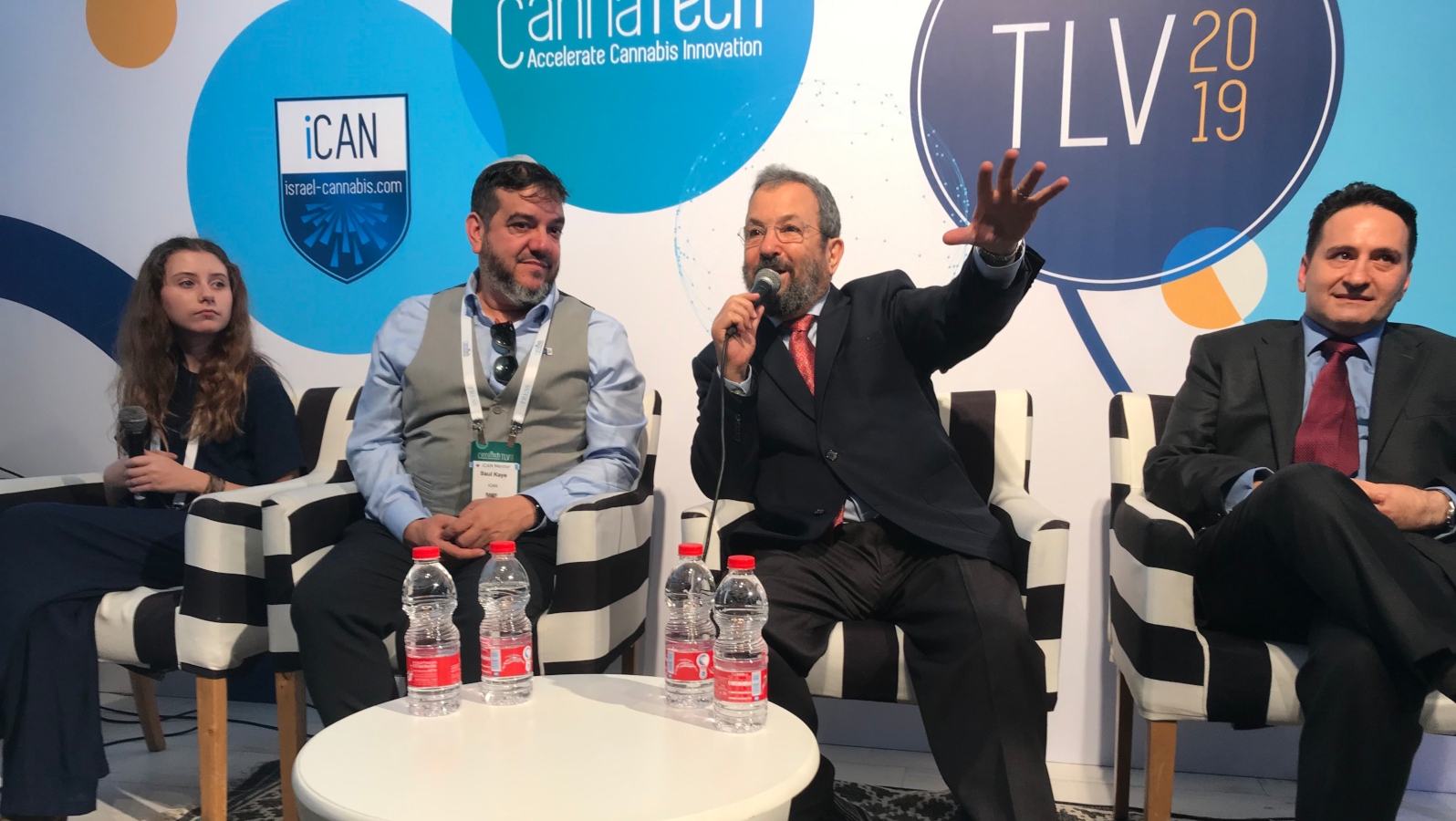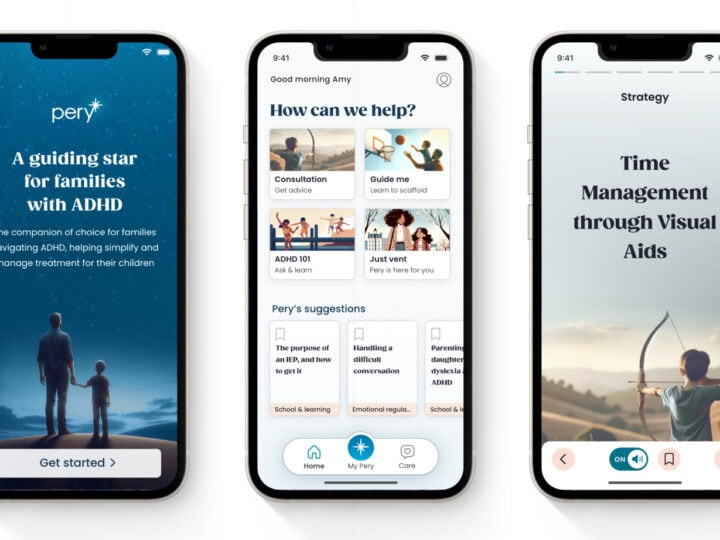When a former prime minister becomes a keynote speaker on the benefits of medical cannabis, on the same day that Israel decriminalizes recreational use, you know the time for normalization of the once criminal weed has arrived.
That’s what some 1,000 participants from 45 countries were chatting, learning and deal-making about in Tel Aviv this week at the fourth annual CannaTech conference, one of the fast-growing industry’s standout events.
Barak, currently chairman of the Israeli medical cannabis company Canndoc/Intercure, quipped that Israel is fast becoming “the land of milk, honey and cannabis.”
While he is best known as a career politician and Israel’s most highly decorated soldier, Barak is well versed in science and business: He has a bachelor’s degree in physics from the Hebrew University of Jerusalem and a master’s degree in economic engineering systems from Stanford.
The worldwide market for cannabis, Barak revealed, is now $17 billion and is expected to grow to as much as $150 billion in the coming years.

More than 90 speakers were to present over the two-day CannaTech event (concluding tonight) – from 13-year-old Rylie Maedler, who lobbied to change US medical cannabis laws for young cancer patients in Delaware after cannabis helped with her healing, to Dr. Gal Meiri of Ben-Gurion University of the Negev, who shared his research on the effectiveness of medical cannabis with children on the autism spectrum.
Outside the main auditorium, some 50 booths pitched the latest cannabis technologies, vying for attention with a rapidly replenished supply of savory and sweet treats.
In addition to decriminalization (being caught with cannabis in public in Israel will now carry a fine, not jail), the big news out of the Holy Land this year was the much-delayed approval of cannabis exports. Alvit Pharma is jumping on the export bandwagon.
“Medical cannabis use in Europe is in the beginning stages but patient demand for the product is huge,” the company’s CEO Yona Levy said at CannaTech. “Alvit will be educating doctors in the use of cannabis in languages they understand.”
About 35,000 patients in Israel have a medical cannabis license. Saul Kaye, CannaTech cofounder and CEO of iCAN: Israel-Cannabis, discussed the hot topic of “a legal cannabis framework for the two million Israeli cannabis consumers” who use it recreationally.
A 2017 survey found that 27 percent of Israelis between the ages of 18 and 27 reported they consumed cannabis in the previous 12 months – one of the highest rates in the world. With one of the parties running in the upcoming Israeli elections touting a pot legalization platform, discussion of further changes to the law has become a burning issue.

“Some 35 countries have already legalized cannabis to a certain extent, either for medical or sometimes even recreational use,” Barak said during his keynote. “Two-thirds of US states have approved medical cannabis; one-third [have approved] recreational use.”
The future, Barak noted, “belongs to the bigger, faster and more assertive players which will enter directly into the markets.” The Israeli cannabis industry may very well be among those players.

















